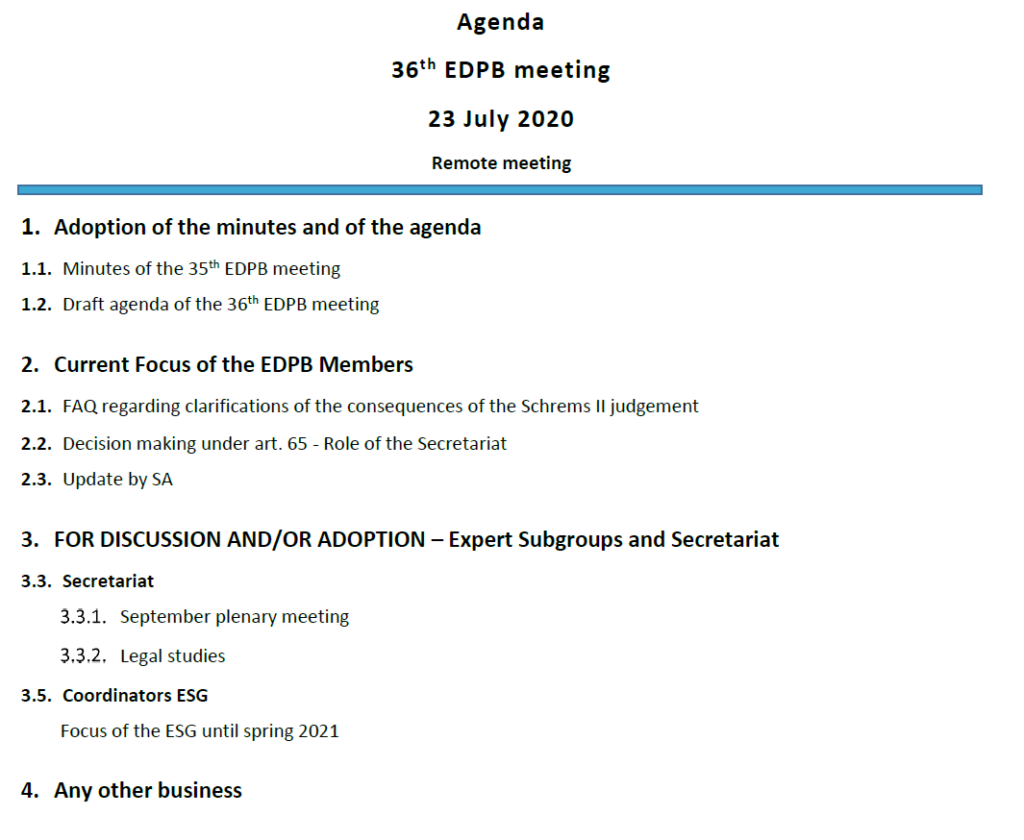On 4 July 2019, the French Data Protection (CNIL) published its Guidelines on Cookies and Other Tracking Technologies (the Guidelines, available in French here). The Guidelines further detailed the nature of the interplay between the General Data Protection Regulation (GDPR) which reinforced expectations towards obtaining consent to data processing operations when such consent is required), and the ePrivacy Directive which more specifically addresses the privacy requirements on cookies and other tracking technologies. Indeed, while the ePrivacy Directive was expected to be updated through an ePrivacy Regulation (latest draft proposal available here), on or before GDPR entered into force, it remains under discussion at the European level to this day, and subject to intense lobbying by all stakeholders.
Further to the publication of the Guidelines, several French professional associations in the online marketing, distance selling and online media activities initiated legal action against the CNIL, before the French Administrative Supreme Court (the Conseil d’État), on the grounds that the CNIL acted above and beyond its authority in adopting the Guidelines, notably by (i) generally prohibiting “cookie walls”, (ii) recognizing a right of data subjects to refuse cookies, (iii) requiring the identification of the data controller for the cookies, (iv) mandating an exhaustive and up-to-date information of the data subjects on the cookies, regardless of their involvement in data processing operations, (v) requiring that the users’ agreement must be expressed by a separate action for each of the distinct purposes brought to their knowledge with a view to the storage of information or access to information already stored in their terminal equipment, and (vi) imposing maximum data retention periods for cookies.
(more…)




